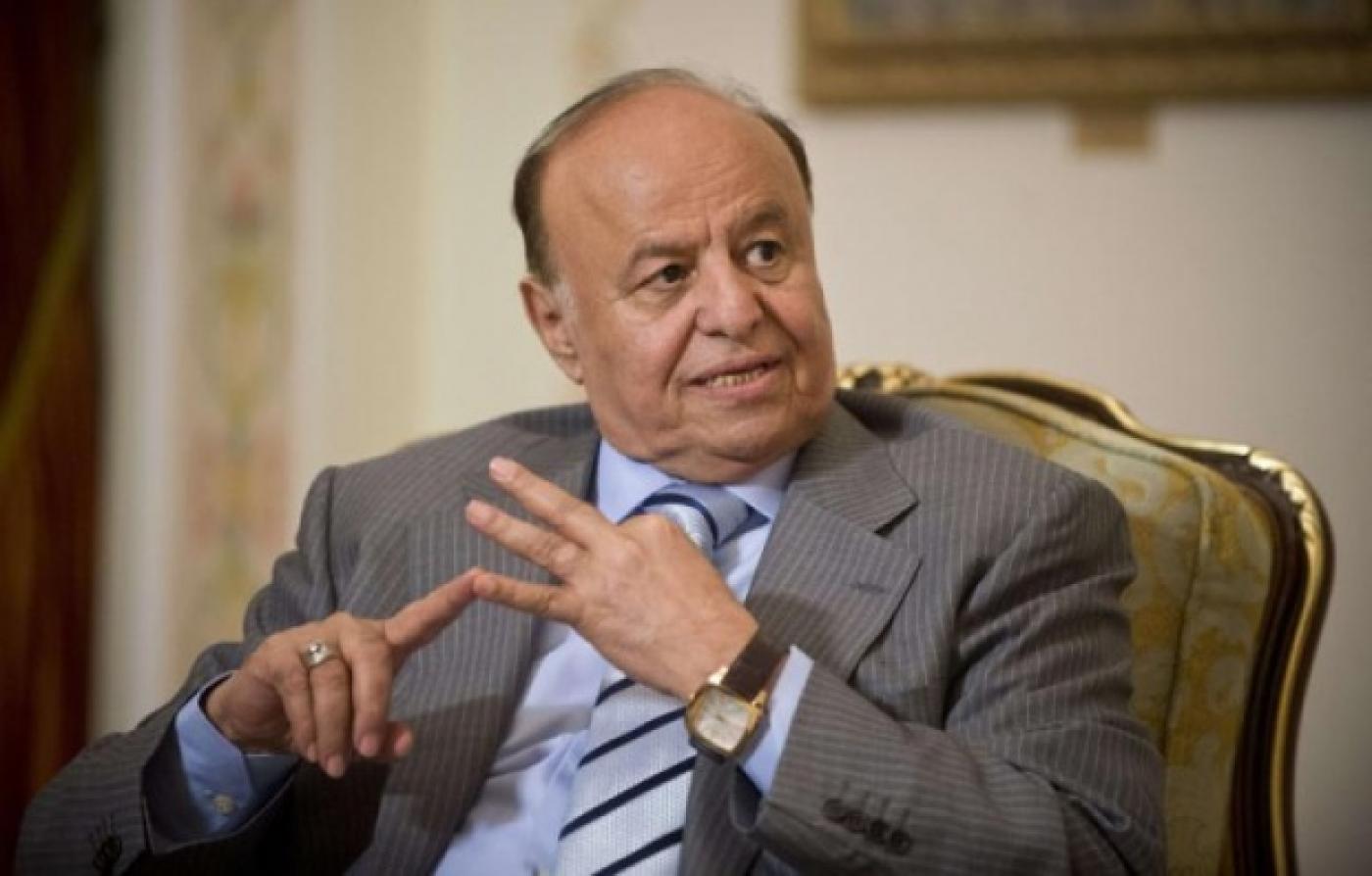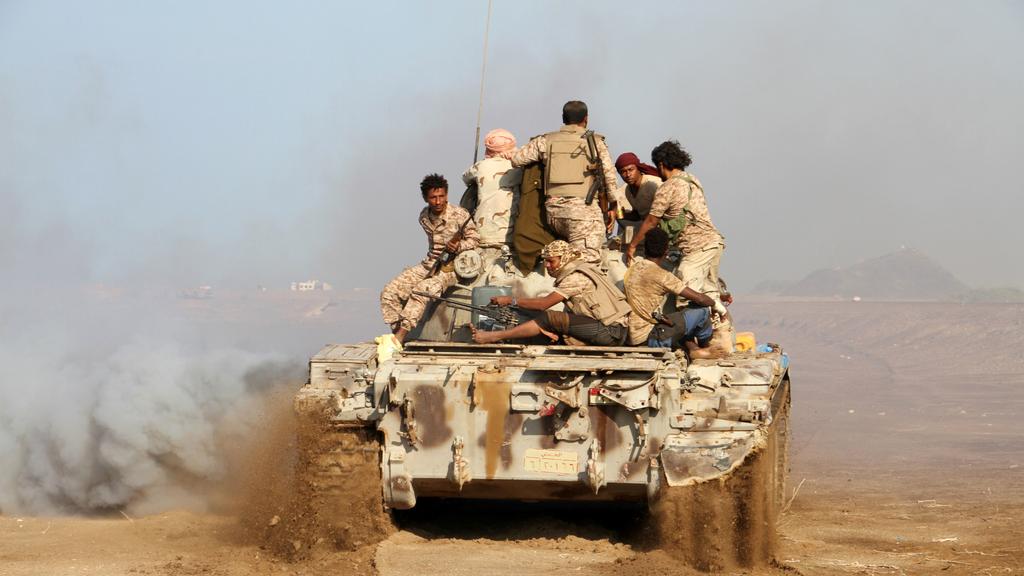Recent clashes in the south of Yemen indicate a rift between the allies on the ground. The outbreak of hostilities between the Saudi-backed, internationally recognized government and United Arab Emirates-backed separatists marks the beginning of a new episode in the war.
Last week, Yemeni President Abd Rabbu Mansur Hadi said that his government was facing “an armed rebellion” carried out by the UAE-backed militias aimed at hitting “the constitutional legitimacy of Yemen.” He urged Saudi Arabia to stop the UAE from supporting the separatists. Seemingly, Hadi may have been under pressure from members of his own government to speak up and request Abu Dhabi’s expulsion.


However, unless Riyadh’s leadership is convinced of the need for such a step, Hadi’s request will likely fall on deaf ears. He is not influential enough to make such a demand or to compel the UAE – although it is supposed to be a member of the Saudi-led coalition – to back him and defend the legitimacy of his government.
It increasingly appears that the UAE is no longer cooperating with the Saudi-led coalition. This has not only complicated the situation in Yemen but also propelled the conflict into a new stage.
New Episode of Yemen’s War
The UAE’s new approach contradicts the so-called “peace-first” strategy the country claimed it would adopt when it announced the drawdown of troops a few months ago.
Previously, it was clear that the fighting took place between the Saudi-led coalition on the one hand and the Iran-backed Houthis on the other. However, today, the allies that were fighting the Houthis are now fighting each other while their main adversary watches.
If a country wants to enter a war, it should have a plan for what it wants to achieve. If it then fails to attain these goals, it should admit the loss and withdraw. What Saudi Arabia has done, however, is continuing to prolong the war, with the Iranian-backed Houthis appearing to grow stronger while the coalition becomes weaker.
Saudi Arabia has failed to show leadership in handling the recent developments and appeared hesitant in taking a firm position. Riyadh’s dealing with the recent clashes seems to have upset some members of the Yemeni government and opened the door to criticism for its failure to interfere when hostilities broke out in the southern port city of Aden last month.
For instance, after the UAE-backed separatists took over Aden from government forces on August 10, the Yemeni Minister of Interior criticized Riyadh for staying silent for four days. He also condemned the UAE, its coalition partner, for “slaughtering” the legitimate government from vein to vein.
Divided Coalition
Even if the ties between Riyadh and Abu Dhabi are not as bad as these clashes portray, the situation in south Yemen suggests that the coalition on the ground has become divided. Even if the backers were to sort out existing disagreements, Yemeni government forces and the separatists would still be unlikely to pursue a common mission as they have done in the past.
That is because what happened was not an ordinary disagreement between two allies who are working towards achieving a certain goal. Instead, they are battles between two parties who look at the Houthis as a shared enemy, but both have their own agendas they want to pursue in Yemen.
The UAE Minister for Foreign Affairs, Anwar Gargash, said that Yemen’s government and the militias it backs must participate in the Saudi-led initiative, which calls for dialogue to de-escalate fighting in the south. However, such talks are unlikely unless the fighting stops first. Abu Dhabi is asking the parties to sit around the table, but they are the one who backs the separatists that are striking areas in the south.
On Saturday, the UAE-backed separatists claimed that they had arrested dozens of government loyalists in Aden after Hadi’s forces withdrew from the port city following airstrikes by the UAE. Of course, such moves will not help in making the talks happen, let alone succeed. Rather, they only make it harder for any progress to be made. If such actions do not stop and a cease-fire agreement is not reached, the parties will be unlikely to sit around the negotiating table.
The Yemenis should step up and take control of the talking process, not just in the south but across the country. The interference of foreign agendas will only worsen the situation and further divide Yemen. And while the fighting carries on, unarmed, helpless civilians continue to pay the price.


